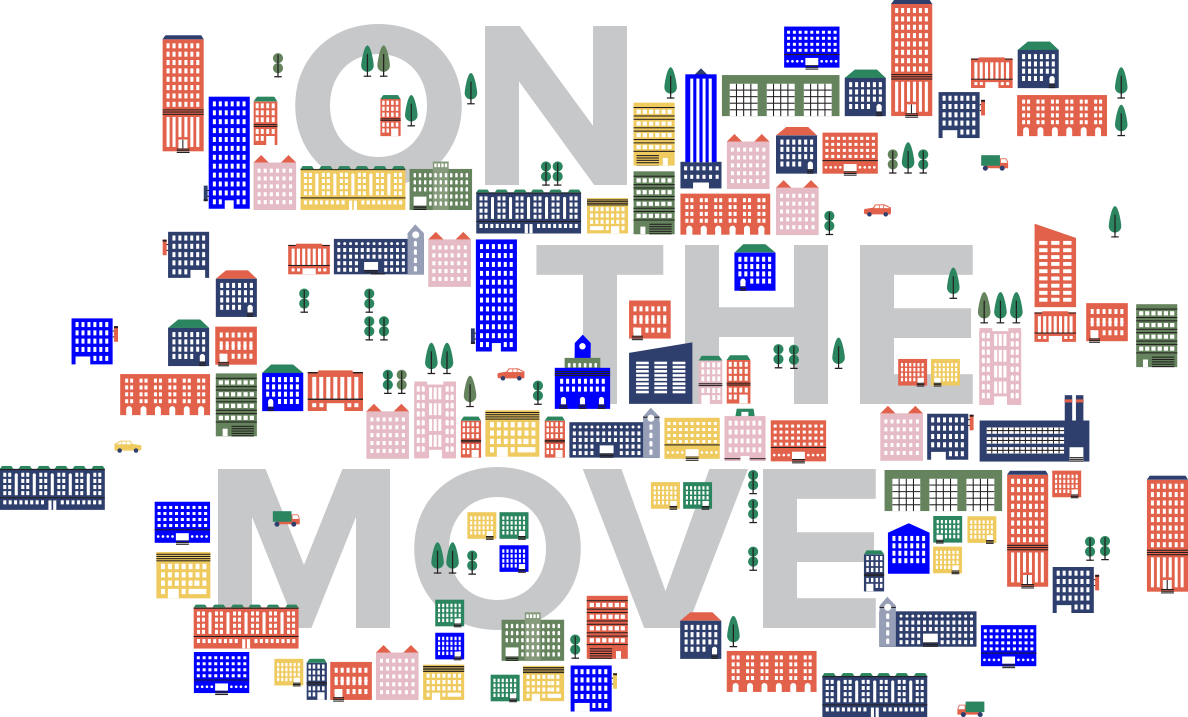On the Move

How the population shift to cities will soon change everything
Some of us are visionaries, and our hearts beat for the whole wide world. Others are invigorated by putting feet to the vision and focusing, and our heartbeats accelerate at the thought of that one specific person coming to faith. Either way, our Jesus-filled passion is oh so necessary.
In today’s world, the Great Commission mandate is shifting perhaps as never before. Even as we live out our unique calling in the specific communities where God has placed us, we cannot ignore how the world’s population is on the move. That worldwide shift will indeed affect our specific communities. It already has.
And it’s not just believers who are noticing. Numerous scholarly networks are focusing on cities, intent to improve the urban environment for future generations.*
So what does it mean for the Evangelical Free Church overall, and for each of us specifically, to know that the world is moving into urban areas in droves? How will this migration affect our churches, our communities, our expressions of the gospel?
May this issue give each of us pause. May it compel us to take stock in our calling and in how world events will affect our ministries in the years ahead. God seems to be changing-up the world that He’s called and empowered us to reach. How might we get in on the opportunities before us?
To simplify, throughout this issue we use the terms “city” and “urban” interchangeably. Yet the two are often distinguished in sociological contexts. “City” is an indicator of size (think village versus town versus city), while “urban” indicates an environment characterized by both density and diversity. Therefore, “city” is a more generic term: All urban areas are cities, but not all cities are recognized as truly urban environments.
*Consider the University of Virginia’s Thriving Cities project, the National Science Foundation-funded network among nine U.S. universities; and the University of Toronto’s Global Cities Institute.